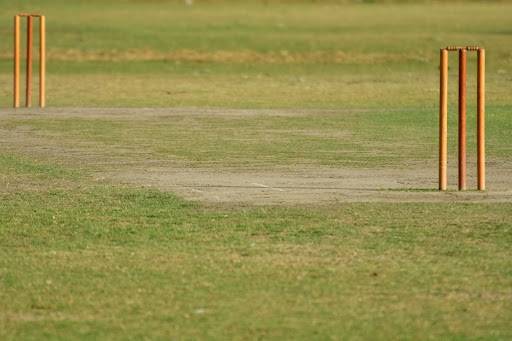
On Cricket, the Long Game, and Being Unhurried
24th Feb 2022I’ve just finished a conversation with a volunteer cricket scorer. He’s been following the game for 30 years and has noticed how the popularity of different forms of the game have changed during this time.
This got my attention as my uncle played cricket for Australia for most of the 1960s. Back then, the only form of the game was test cricket, usually played over five days. I was brought up on a diet of test cricket as a kid in the 70s and 80s.
In the 80s, one-day cricket was introduced and attracted a new crowd. A new feel emerged around the stands. A relaxed, unhurried interest gave way to more heightened excitement levels, often with a frenzied climax dominating the last couple of overs.
These days, 20-20 is the most popular form of the game. It’s the one-day game on steroids. It’s fast, frantic, and every ball counts. Wham, bam, thank you ma’am. The crowd’s there for a good time, not a long time. Compared to the unhurried nature of test cricket, it’s a ‘blink and you’ll miss it’ experience.
My scorer colleague and I reflected on how the change in popularity of the different forms of the game are a mirror on our culture, as sport often is. We prioritise speed over stillness. We prioritise immediate outcomes over long-term ones. We prioritise convenient answers over creating real value over time. You can’t say cricket is the cause of all this. It’s a lag indicator, not a lead indicator. But it does give pause for thought.
My colleague lamented that over time he’s noticed that the younger players, who have only ever played the shorter form of the game, generally can’t play test cricket. Literally, they are physically and mentally incapable of bringing what it takes to play the long game. If cricket is a mirror of our culture, then this gives me the shivers.
Why? Because the gnarly issues we face – climate change, social injustice, better working conditions, to name but a few – all require a long-game view. We can’t solve these with a 20-over or 50-over mindset. They’ll take the equivalent of a test cricket mindset. And, to be sure, these do pose us, as a society, a serious test.
We lose something when we only focus on the short-term. We lose our ability to be strategic. We can miss the nuance that comes with seeing the broader, longer-term forces at play. We forget how to be patient and how to allow things to take the time they take. We downplay the importance of pausing, taking a break, and giving ourselves time to breathe out.
We prioritise speed over stillness.
We prioritise immediate outcomes over long-term ones.
We prioritise convenient answers over creating real value over time.
This morning, as I picked up a friend from the airport, the players from one of New Zealand’s regional cricket teams were milling about the baggage carousel. They looked young, keen and fit. As I write this, I wonder how each of them might be setting themselves up to play the longer game of life (let alone test cricket)?
Focusing only on the short-term also drives hurriedness. A senior leader I know mentioned in passing the other day “I had a great break over Christmas. Now it’s February and the pace is frantic. There is so much to do, and it all seems to need to be done yesterday! How on earth am I going to keep this pace up for the rest of the year?”
Good question. One that’s not easily solved in the short-term.
It’s time for us to (re)learn to play the long game. To prioritise creating valuable outcomes over time. To cultivate practices and cultures where being unhurried is the norm. Because being deliberately unhurried is what creates lasting success.
If you’re feeling the squeeze of expectations to play the 20-20 game rather than to play the test, here are some questions that might help you:
- What is your long game? Why does it matter?
- What short-term activities are you caught up in that, while popular, don’t add as much value? What can you do about those?
- What practices, places and people can help you to continue to develop your long-term focus? What could you do today?
Like this post? When you’re ready, here are three ways I can help you further:
- Sign up to my ‘Thinking from the Edge’ newsletter to get tips, insights and early release information that I don’t share on the usual social channels. Delivered weekly to your inbox.
- Get my book, Change Makers: How to make your mark with more impact and less drama. It’s available here.
- Check out Change Makers Kick Start – an online course + community to help you make your mark with more impact and less drama.

